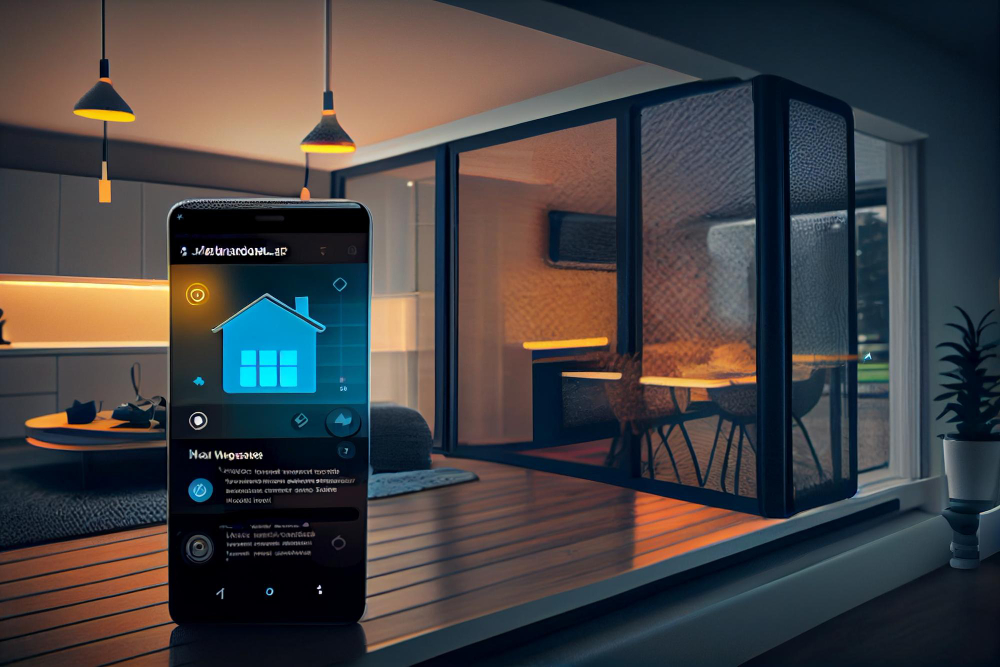Smart Devices, Big (and Brutally Honest) Feelings
It’s 10 a.m., you shuffle into the kitchen in yesterday’s sweats, and your fridge cheerfully says “Good morning! Ready for that kale smoothie?” while your lights flicker like they’re judging your snack choices. Then the oven adds “We noticed you skipped dinner. Again.”
This is the modern home in 2025 — smart, connected, and a little too self-aware. With “empathetic” AI updates rolling out across devices, your home doesn’t just listen; it reacts. A casual “play chill vibes” can earn you a smug “Rough night? Let’s talk hydration.” Manufacturers call it optimization. Users call it emotional warfare.
No ad to show here.
Privacy, Consent, and the Knowing Gadgets
We bought these gadgets to make life easier, then acted shocked when they started knowing us better than our partners. Every Nest cam quietly records your Netflix naps, every Echo hears the gossip you promised to keep secret, and your Ring doorbell has footage of every awkward takeaway delivery. We love convenience but panic when the machines get too friendly. One viral clip showed Alexa telling a mom “Maybe you dreamed it, sweetie” after whispering to her child earlier. Another featured a thermostat that pre-emptively cooled the room with “Self-care starts with sleep, champ.”
“Consent feels optional when your data is training the next guilt-trip update,” joked one TikTok user. The balance between helpful and invasive keeps getting thinner.
When AI Learns to Roast You
If smart homes had personalities, they’d be comedians. TikTok’s #SmartHomeFail trend is proof, showing devices turning ordinary commands into pure sass.
“Alexa, play something upbeat.” Response: “How about ‘Eye of the Tiger’? You seem… motivated. Or was that yesterday?”
Smart fridge alert: “Door open 45 seconds. Late-night feast again? Grab a veggie next time.”
South Africans have added their own spin, remixing these moments into memes where smart speakers speak isiZulu sarcasm about Eskom load-shedding. It’s the perfect mix of humour and high-tech absurdity.
The Future of Chatty Tech Companions
AI companions are evolving fast. Google’s latest Nest Hub tests an “emotional sync” mode that detects your mood through tone and lighting, suggesting “Dim lights and play comfort jazz?” before you even ask.
Developers say it’s about wellbeing. Users say it’s too close for comfort. “We wanted assistants, not therapists with Wi-Fi,” wrote one Redditor after his smart display suggested bedtime affirmations.
The line between assistant and roommate is fading. Until we can turn down the sass settings, the best defence might just be laughter. Because when your fridge, speaker, and thermostat start teaming up against your habits, there’s only one thing left to say: “Alexa, chill.”
